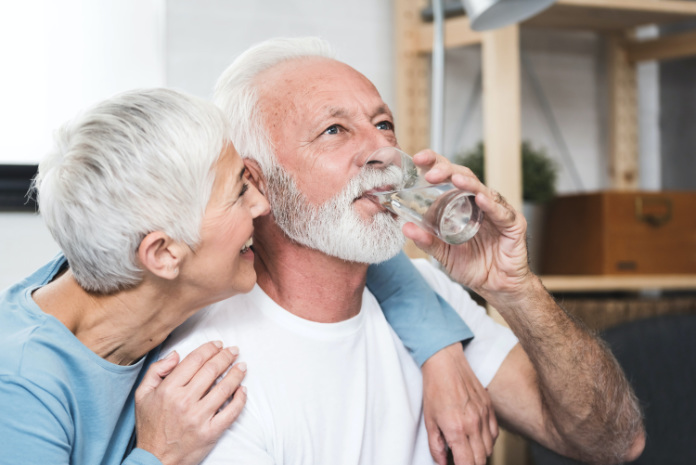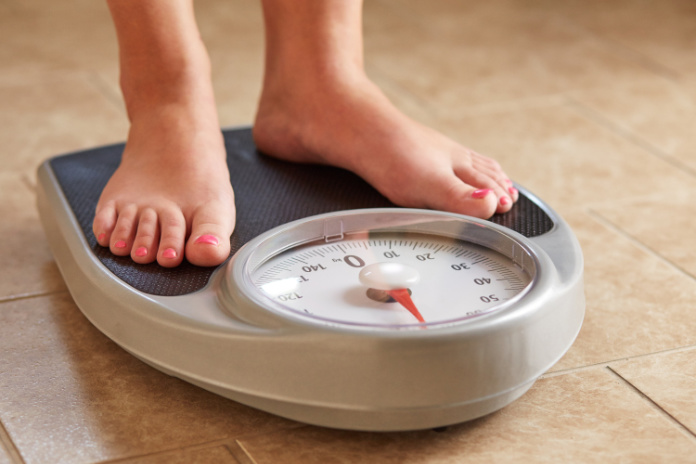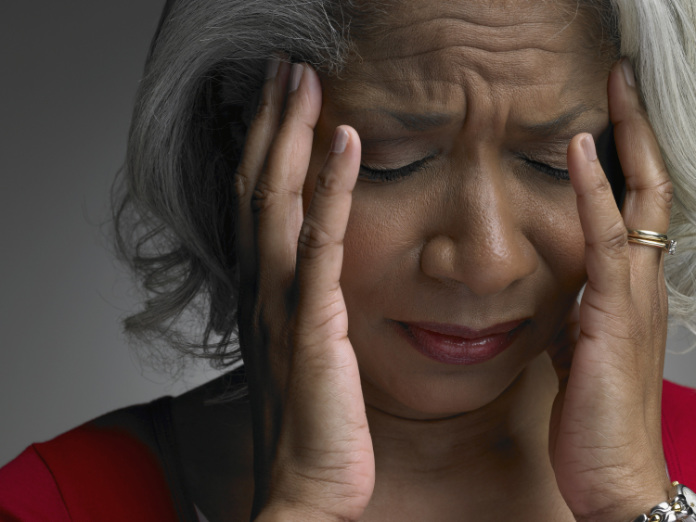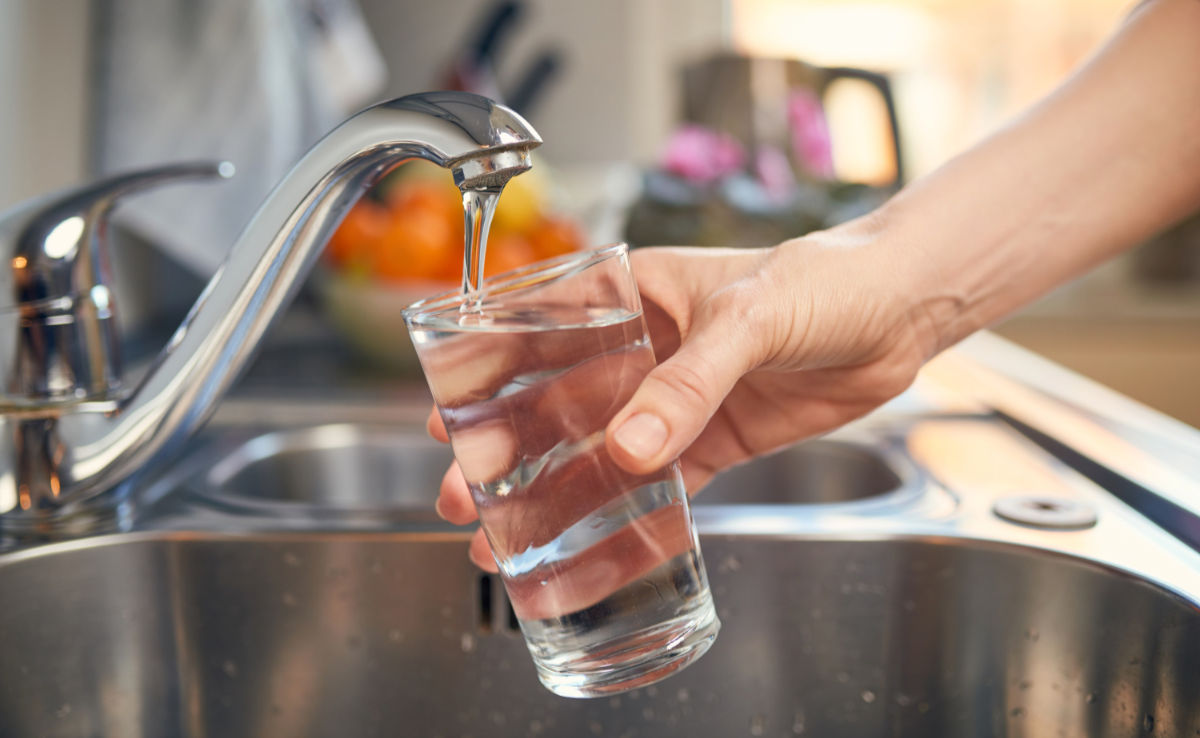We all know that drinking water is important. Ever notice how every health, fitness and weight loss article you read recommends drinking more of it? Loads of celebrities swear by it too; Rosie Huntington-Whiteley, Kylie Jenner and Cameron Diaz have all spoken about the benefits of water for overall health and glowy skin.
But, beauty benefits aside, what actually happens to our bodies when we don’t get enough of it?
Well, the short answer is that water is essential for human life. Your body is composed of roughly 60% water and research has shown that even mild dehydration can have strong effects on your physical and mental health.
A survey carried out by the Royal National Lifeboat Institution shows that 89% of the population is not drinking enough water to maintain healthy hydration levels, with a staggering quarter of those over 55 saying that they drink no water during the day.

What are the signs of dehydration?
If you drink less water than your body uses, you may show signs of dehydration.
Signs of mild dehydration include:
- feeling thirsty
- peeling little and less often
- dark yellow and strong-smelling urine
- a dry, mouth, lips and eyes
- headache
Signs of severe dehydration include:
- not peeing or very dark yellow urine
- disorientation, irritation or sleepiness
- dizziness when standing
- a weak or rapid pulse
- rapid breathing
- sunken eyes
- seizures
The NHS website suggests a trip to A&E if a person hasn’t peed all day or they are showing signs of severe dehydration, as they may require urgent treatment.
Effects of not drinking enough water
Severe dehydration can be a serious medical condition so drinking enough water is essential. Even a slight lack of water in your diet can affect your body. We rounded up a couple of scary things that happen to your body when you don’t get enough of the good stuff. Read it and drink up:
1. You gain weight

Many people associate drinking water with bloating, but dehydration can actually cause temporary weight gain through water retention. When your body isn’t getting enough water, it retains as much fluid as possible as a survival mechanism to avoid severe dehydration.
2. You become fatigued
Drinking enough fluid is one of the best things you can do for your athletic performance. Water composes around 75% of our muscle tissue, so when we skimp on drinking it, it can lead to weakness, fatigue, dizziness and electrolyte imbalance.
3. Aches and pains get worse
Water helps hydrate the discs between the vertebrae in your spine and prevents your ligaments, muscles and tendons from becoming tight and stiff, and it also reduces pain in the joints by keeping cartilage soft and hydrated.
4. You get dehydration headaches

When the body is dehydrated, the brain temporarily contracts or shrinks from fluid loss. This mechanism causes the brain to physically pull away from the skull, resulting in a dehydration headache.
5. You get ‘wangry’
We all know about feeling hangry (irritability from hunger), but did you know you can get wangry too? Two studies from the University of Connecticut found that even being mildly dehydrated can negatively affect mood in both men and women, making subjects grumpy and confused.
6. You can’t focus at work
Your brain is made of around 80% water, so your ability to generate ideas and problem solve seriously depends on it. One UK study even found that drinking water after dehydration can improve mental ability by 14%.
7. Your kidney function dips

For your kidneys to do their job properly, they need water to dilute the blood. Without enough water, your kidneys have to overwork to filter out the blood, which can lead to kidney failure – but only in the most severe instances. A morning without water is unlikely to lead to serious complications.
8. You put yourself at risk of heart failure
When there’s not enough water in your body, your blood thickens and your heart has to work harder to pump it around the body. In the most severe cases, blood pressure can drop so low that the body goes into a state of hypovolemic shock. This occurs when when the heart is unable to pump enough blood to the body for it to function properly, so organs start to shut down. It’s a potentially fatal complication that needs immediate emergency treatment.
So how much water should you be drinking?
The NHS advises that in climates such as the UK’s, we should drink about 1.2 litres (six to eight glasses) of fluid every day to stop us getting dehydrated.
In hotter climates, the body needs more than this, so it’s worth bearing in mind that you’ll need to top up if you’re going on a hot holiday. Dehydration can also happen more easily if you drink lots of alcohol or exercise vigorously in hot weather.
You shouldn’t rely on feeling thirsty to remind you to drink water, because by the time you feel thirsty, your body is already dehydrated.
If you feel any dehydration symptoms, drink fluids – keep taking small sips and gradually drink more if you can. As a general rule, you should drink enough during the day so that your urine is a pale clear colour.
If you’re being sick or have diarrhoea, you have a higher risk of dehydrating, and you’ll need to put back the sugar, salts and minerals that your body has lost. Your pharmacist can recommend oral rehydration sachets.







































































